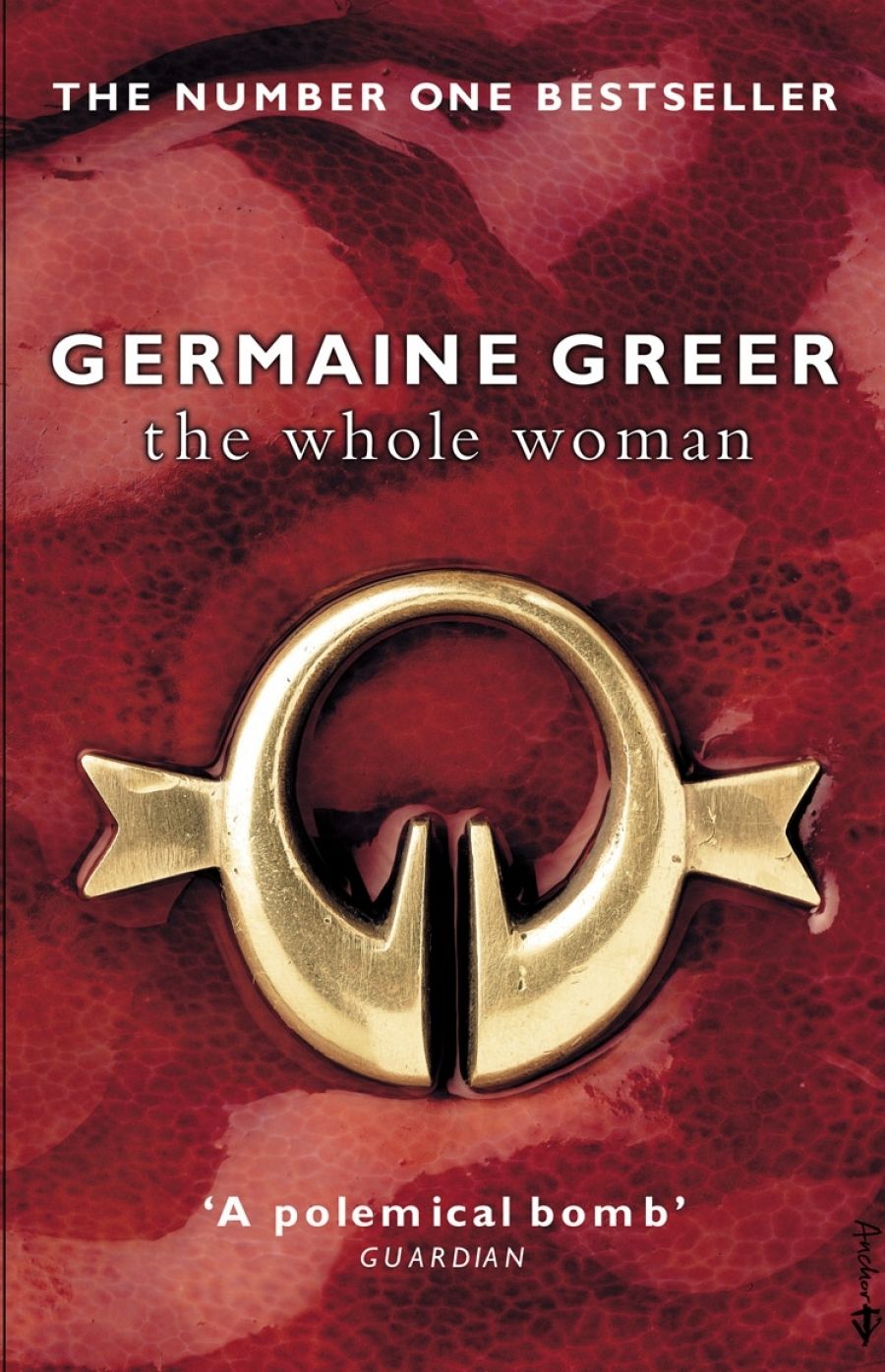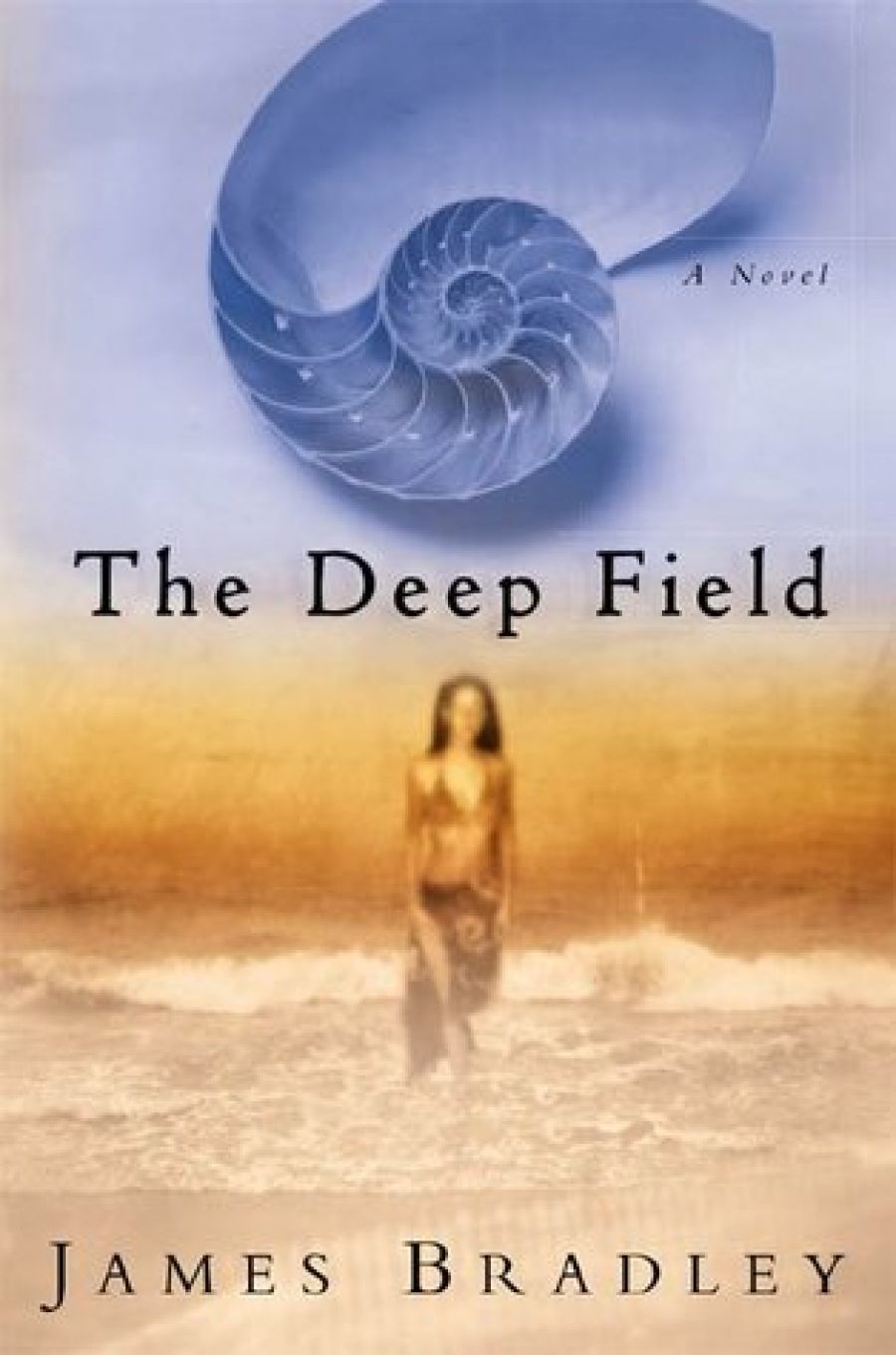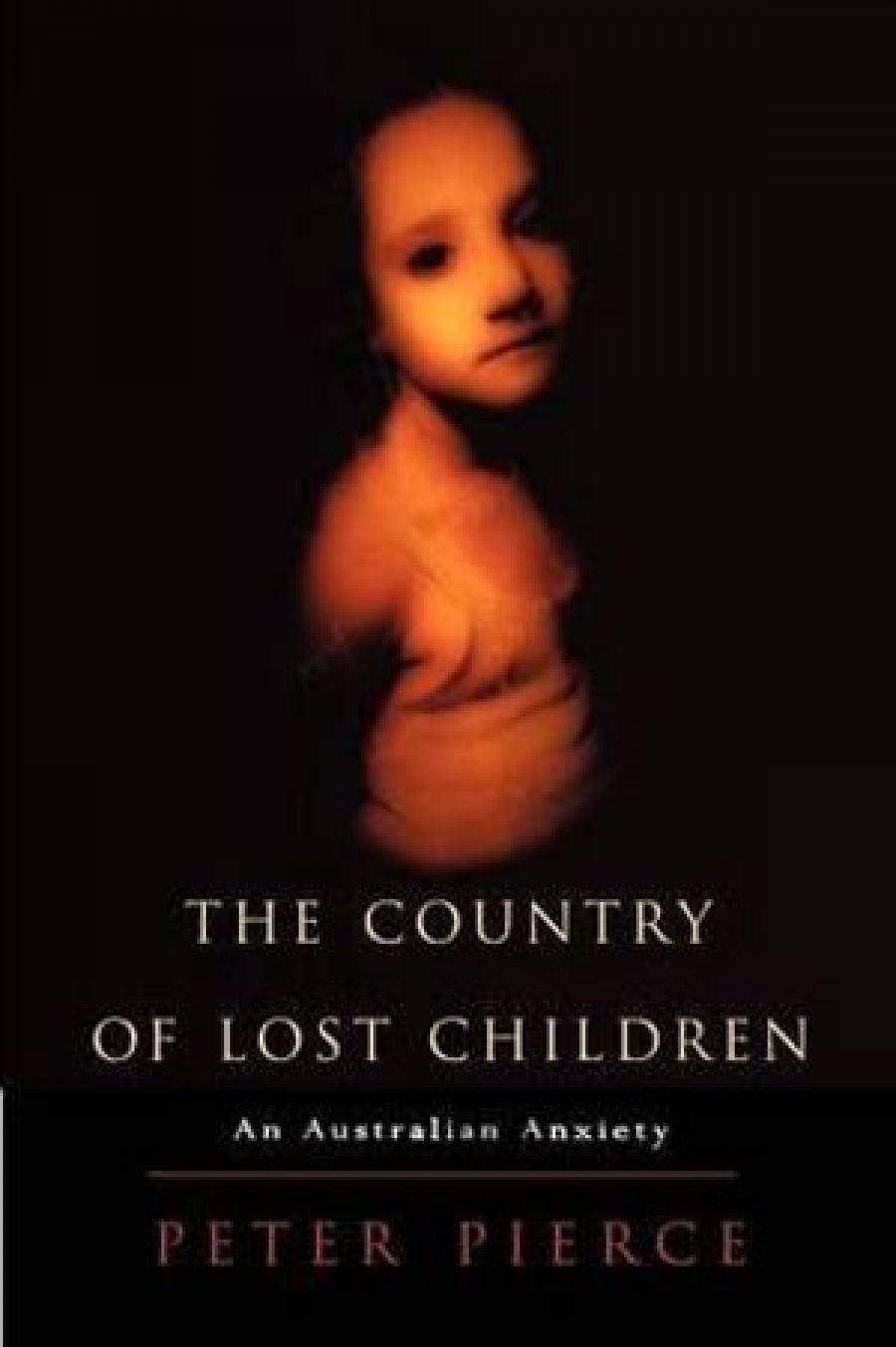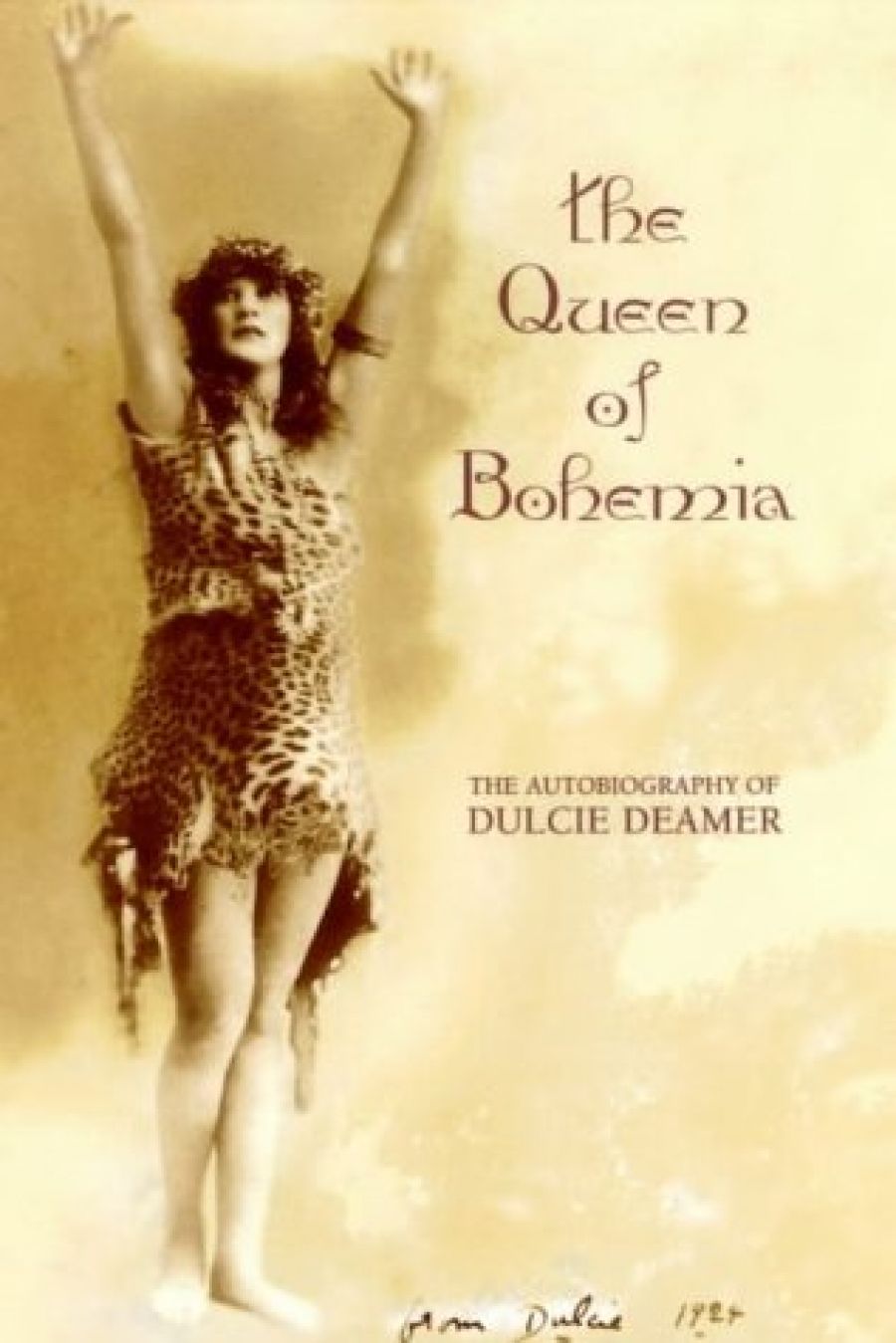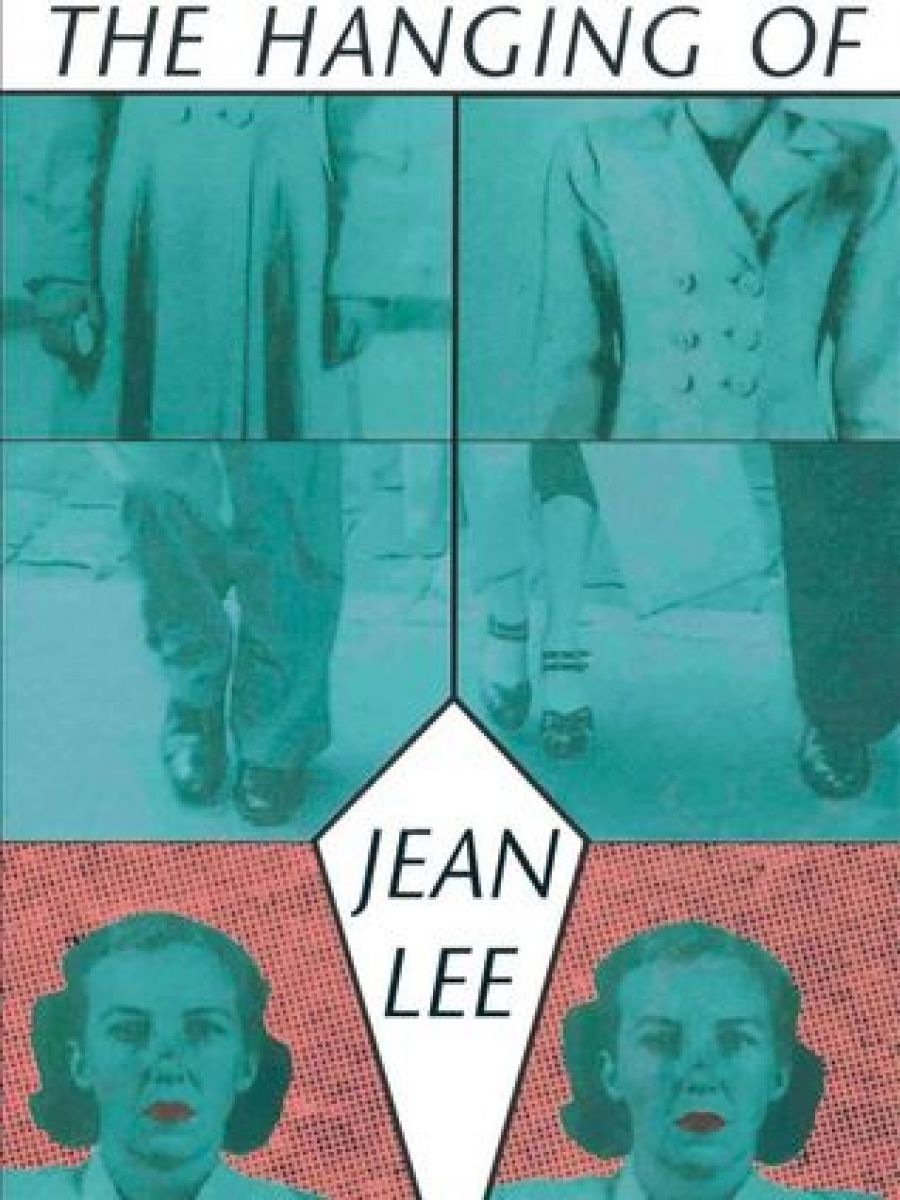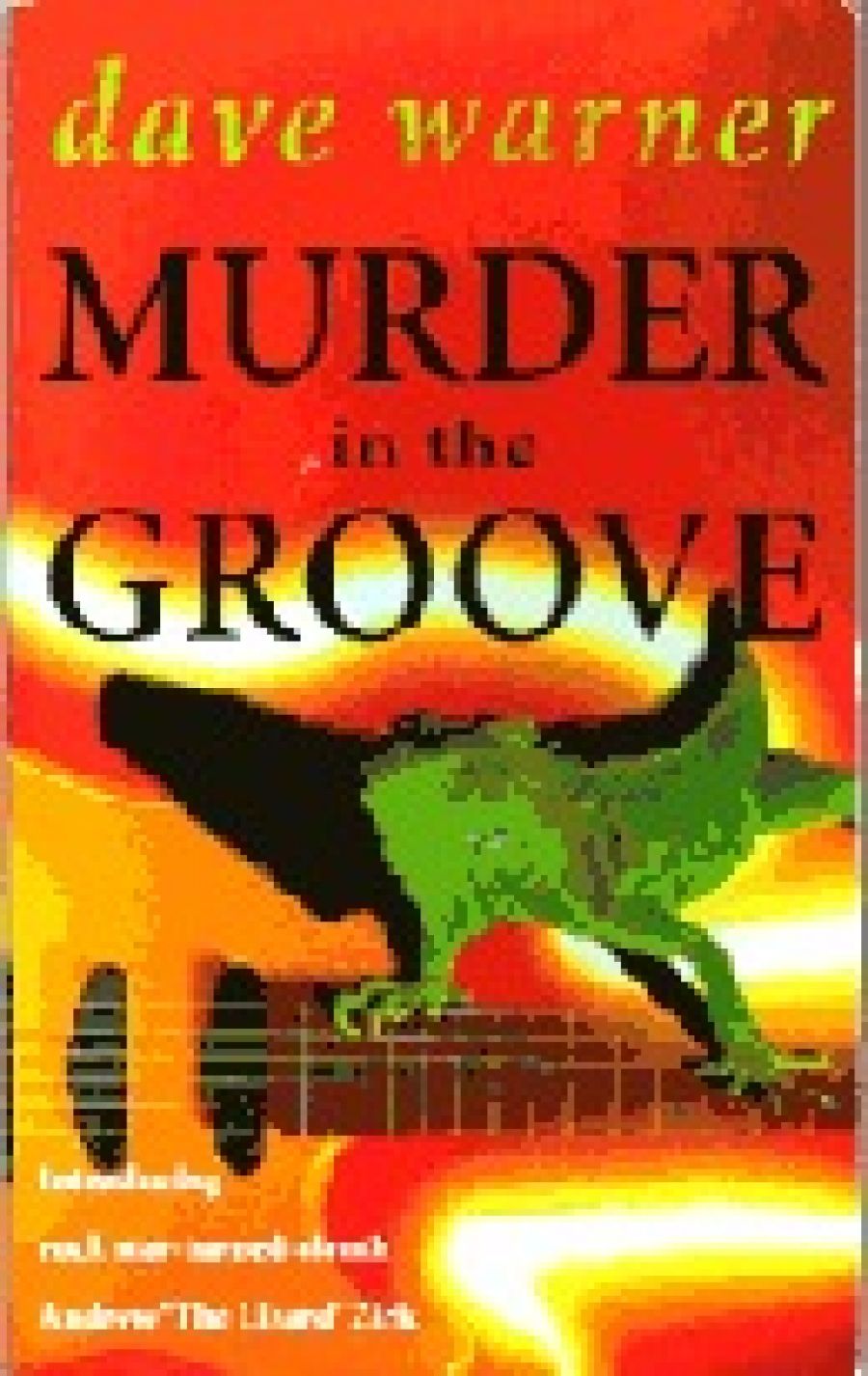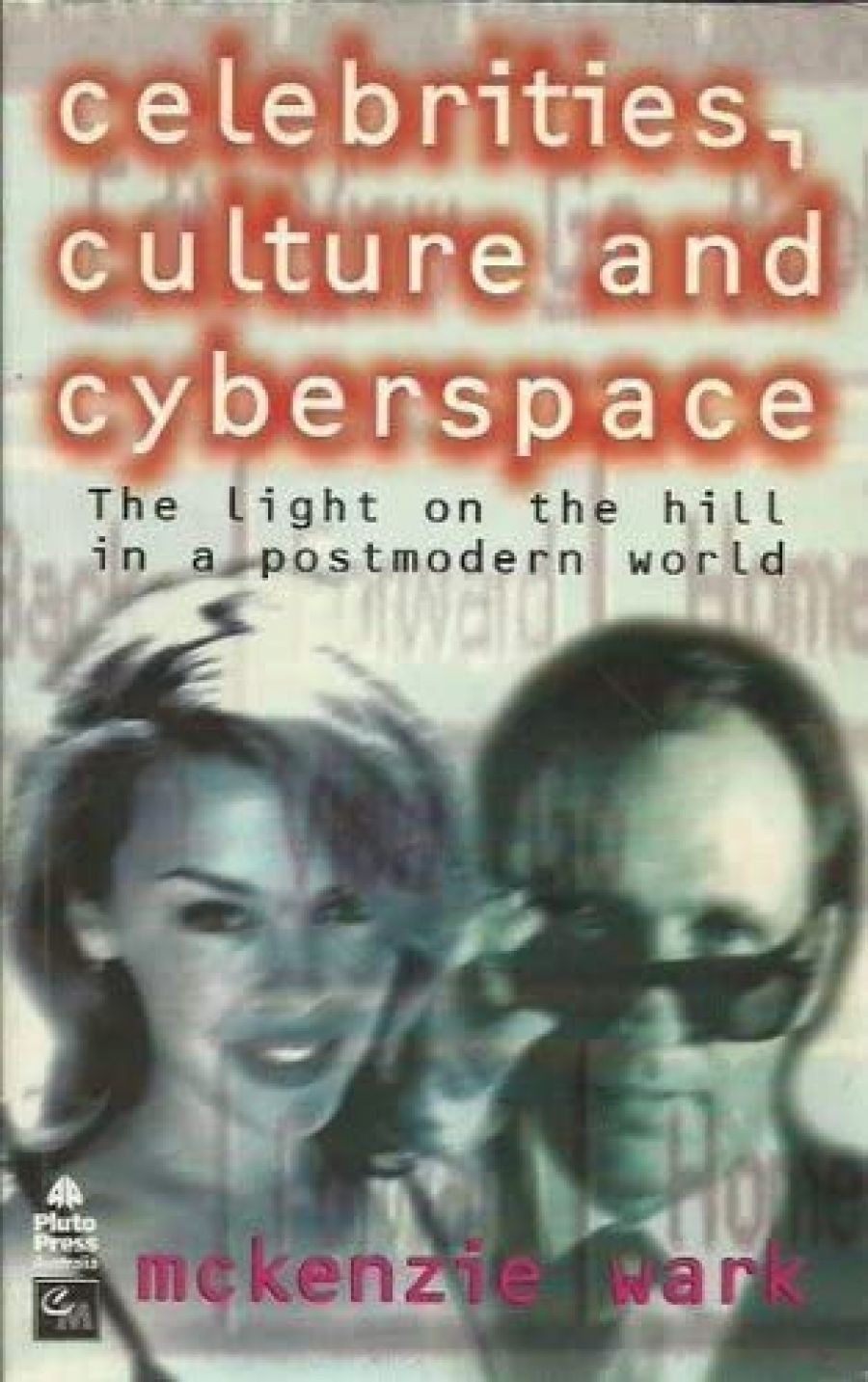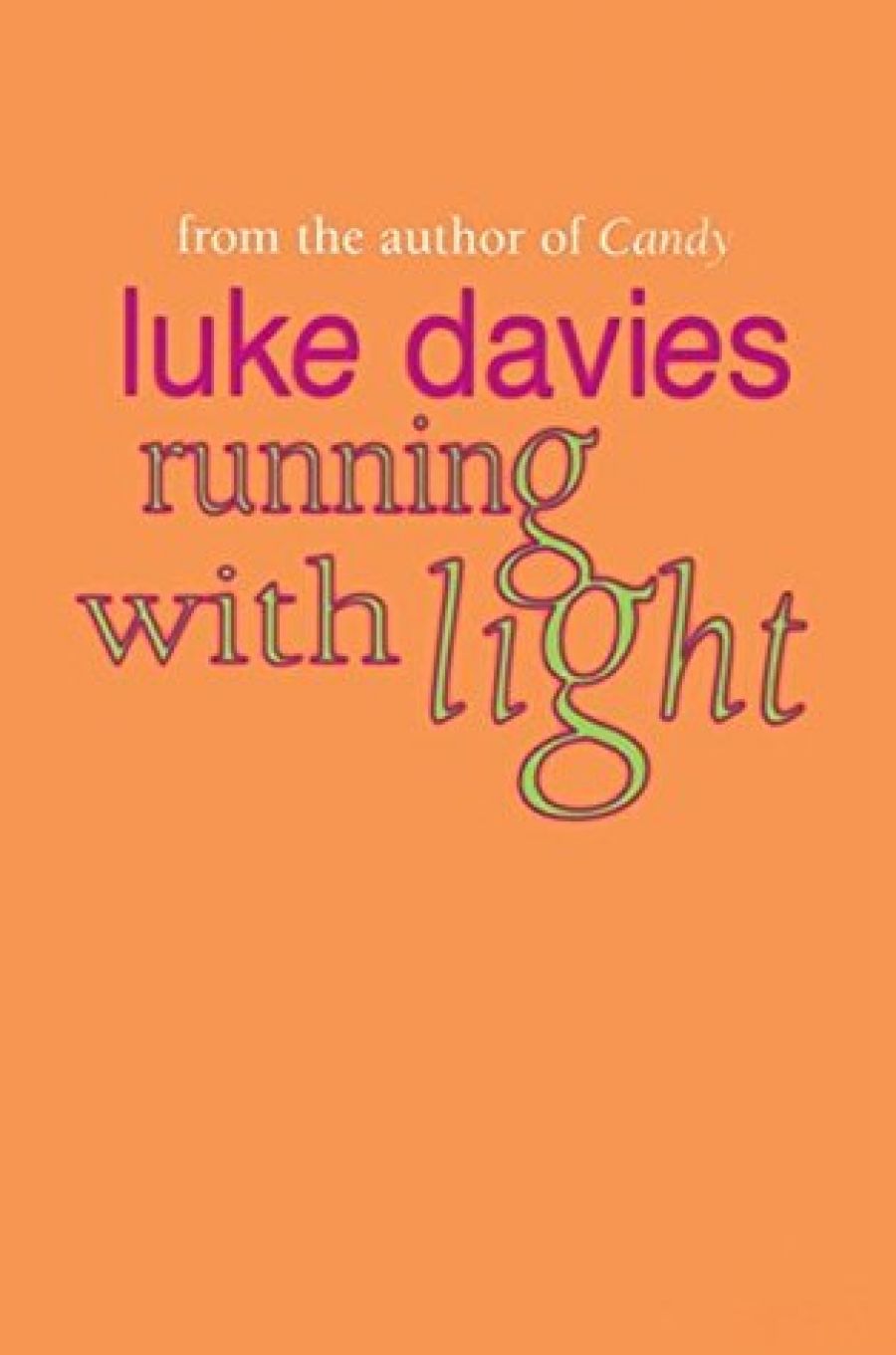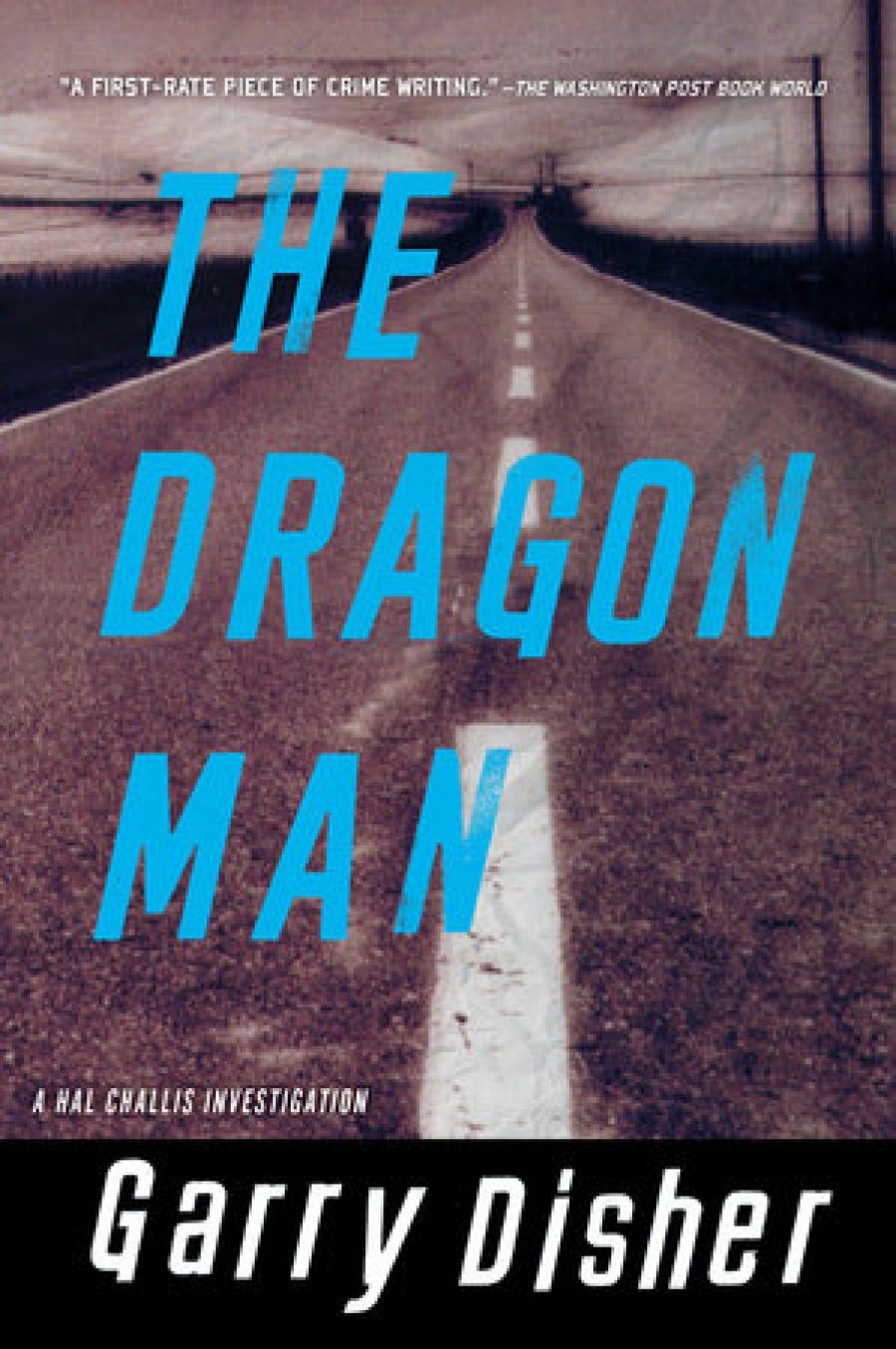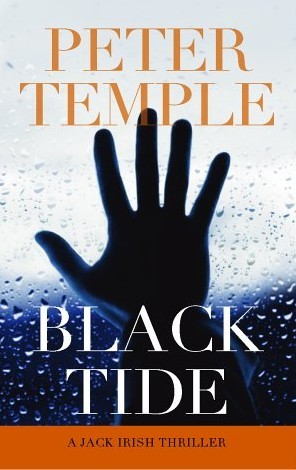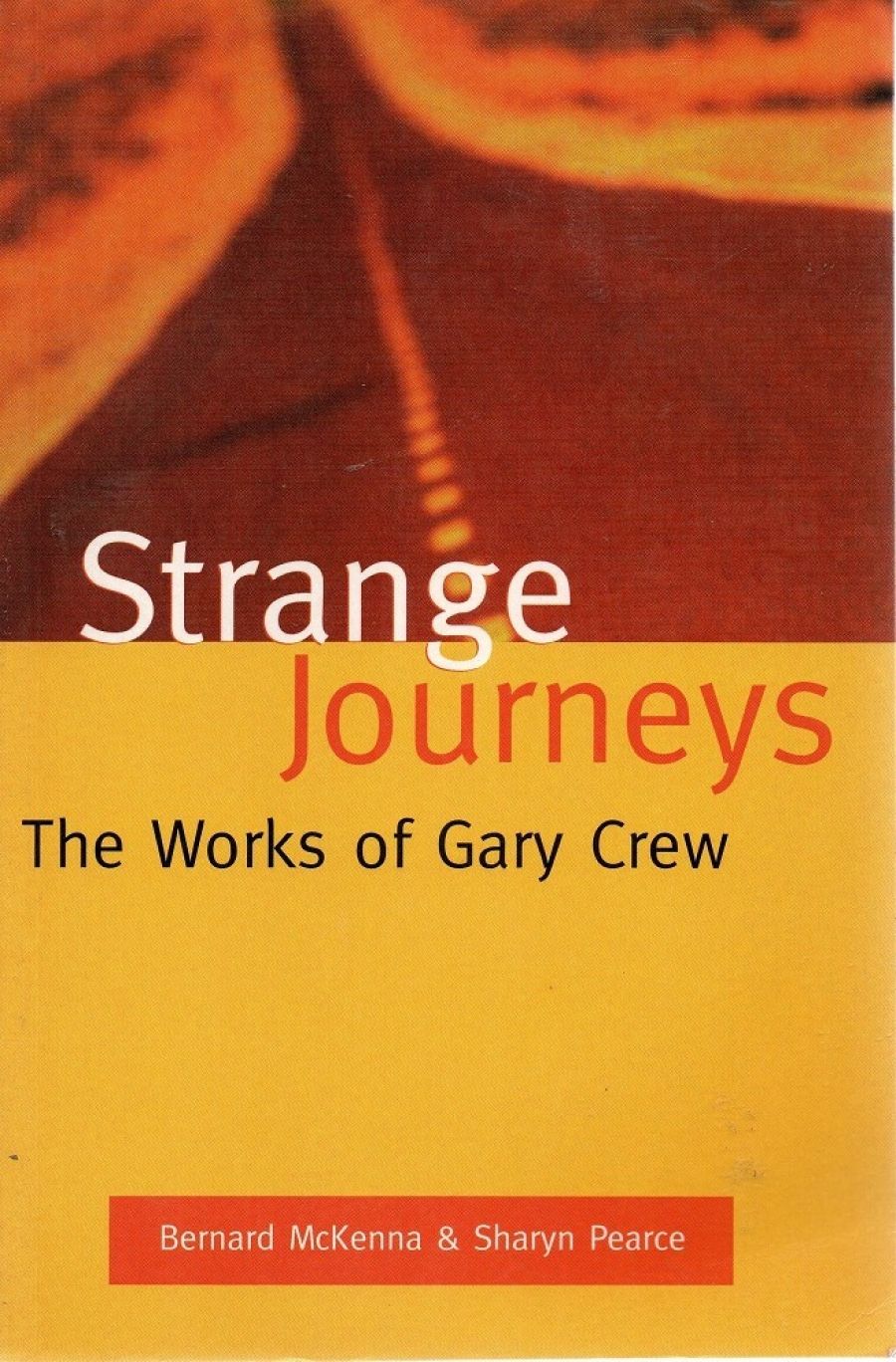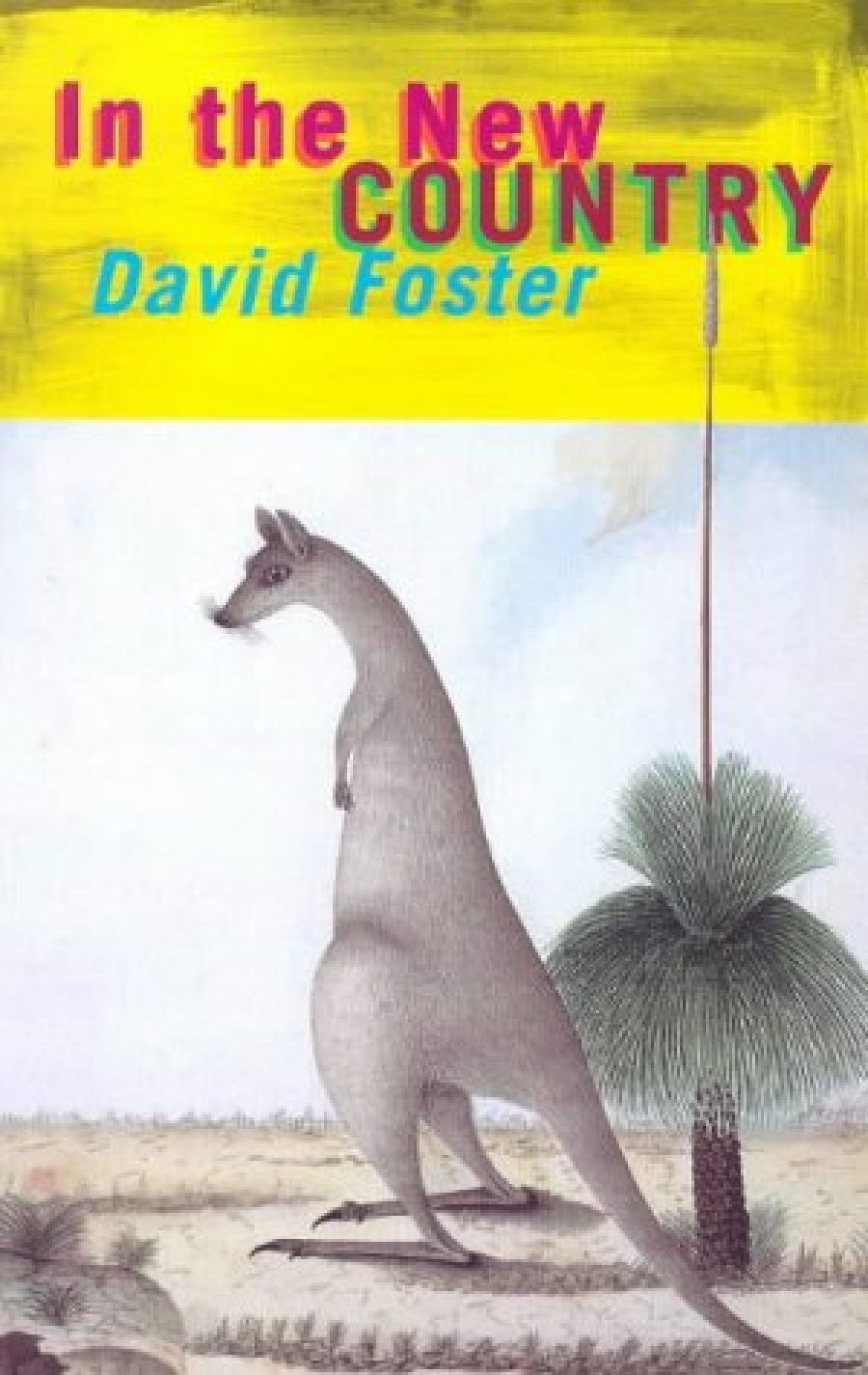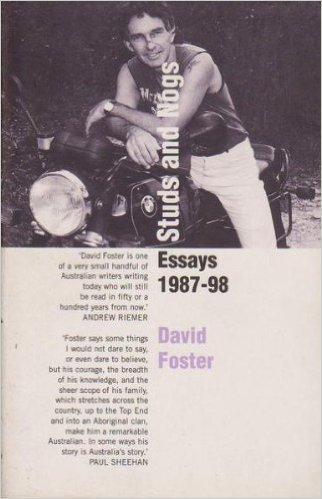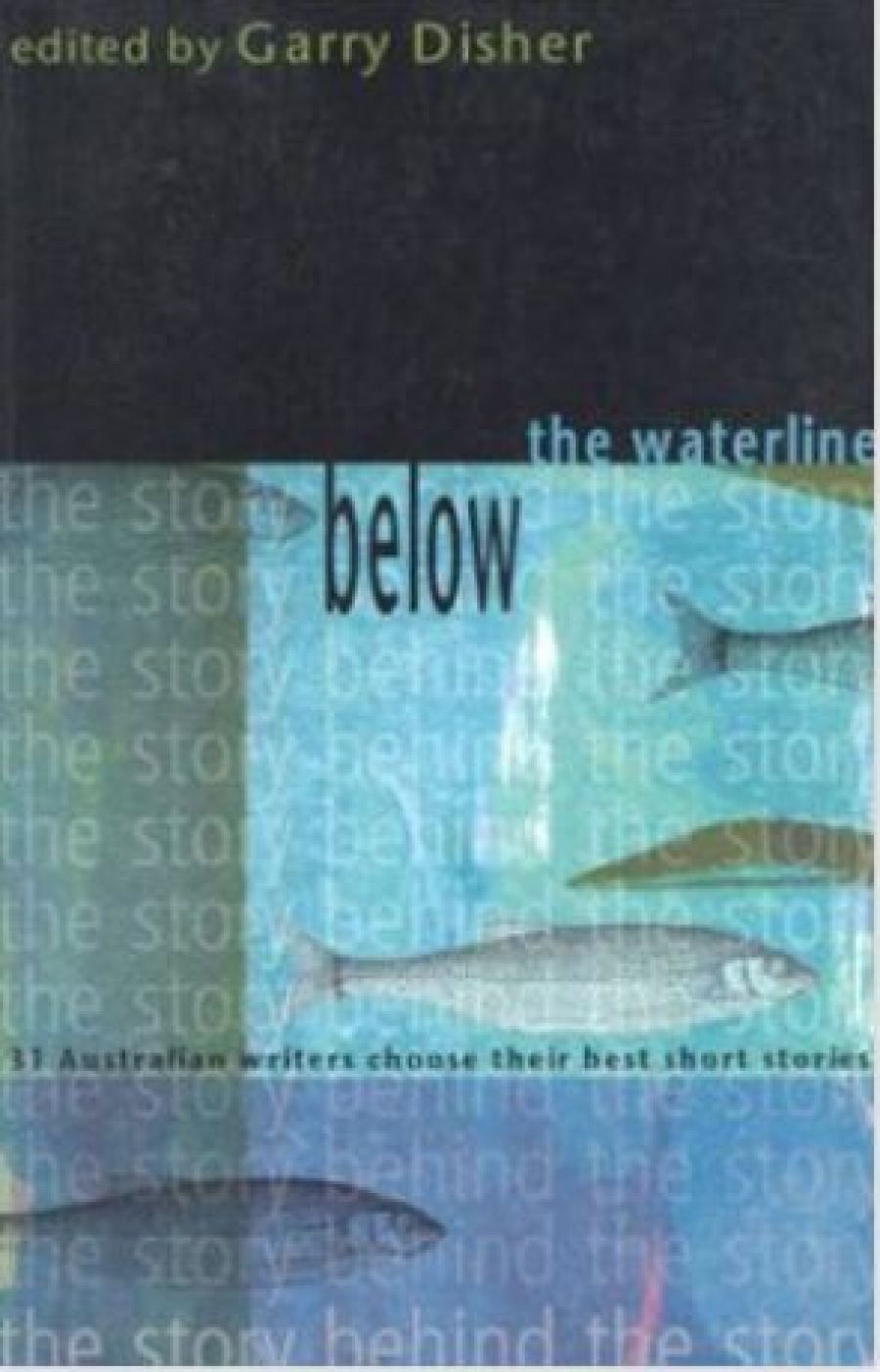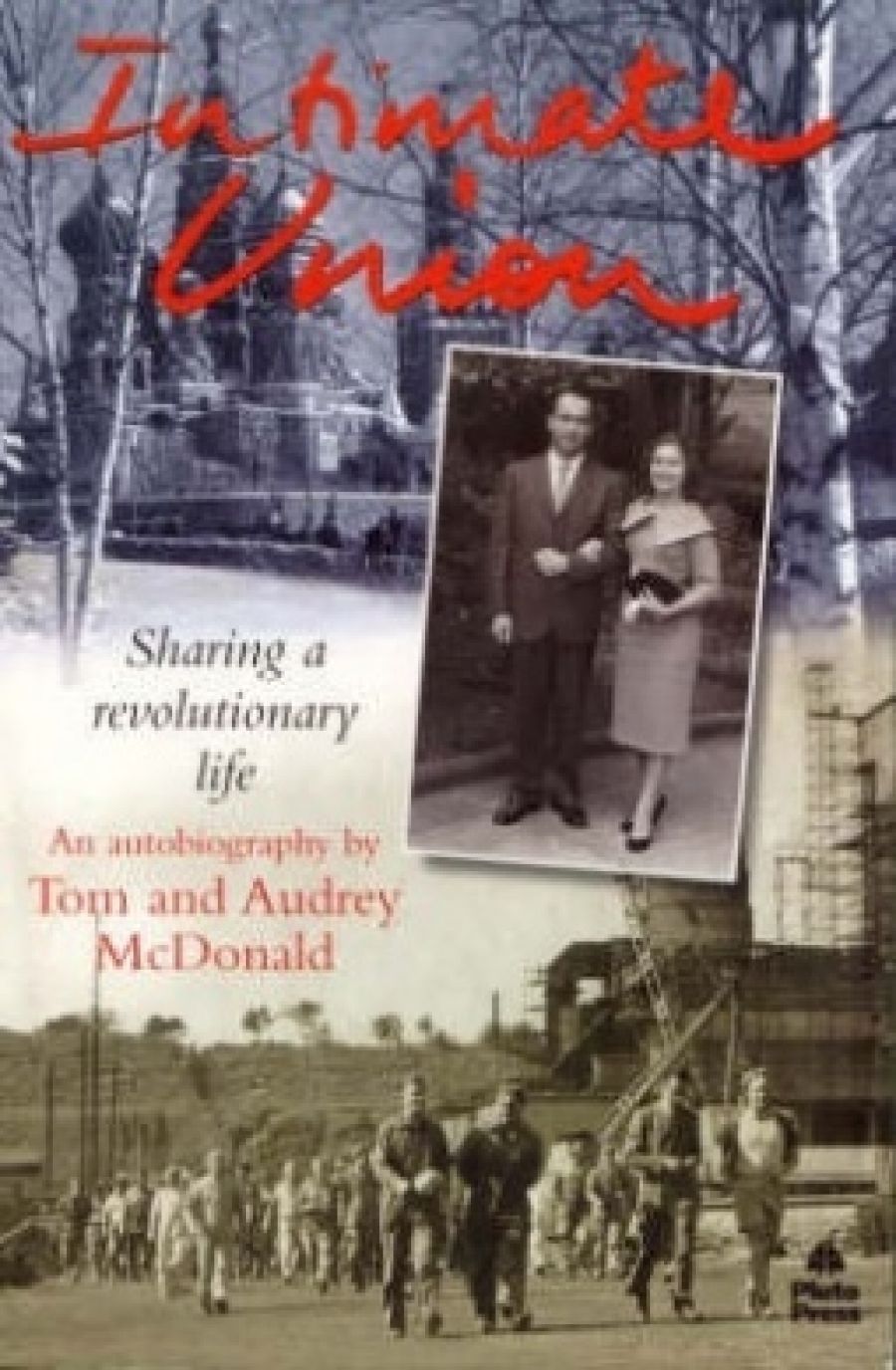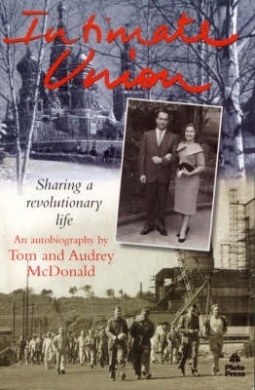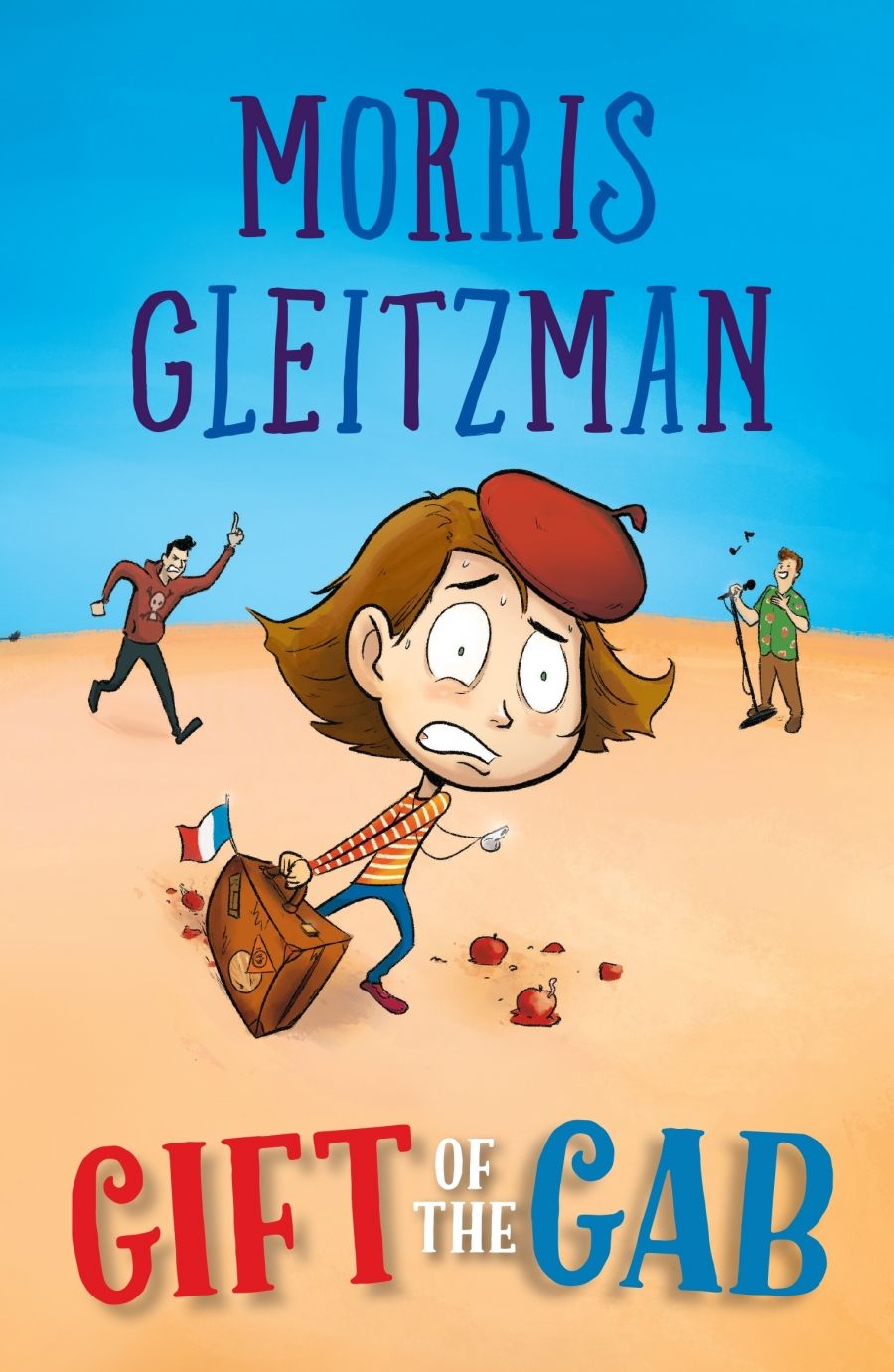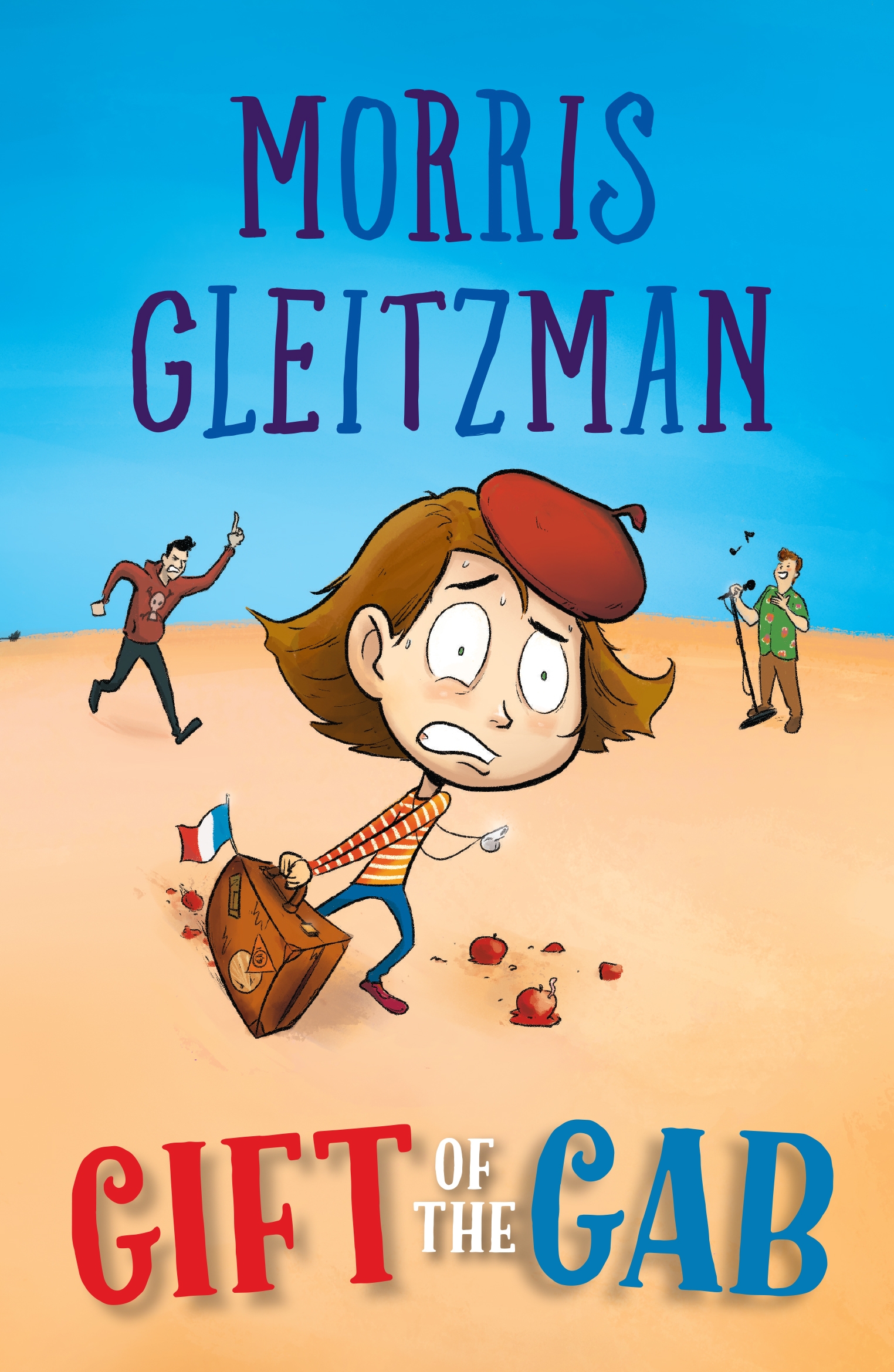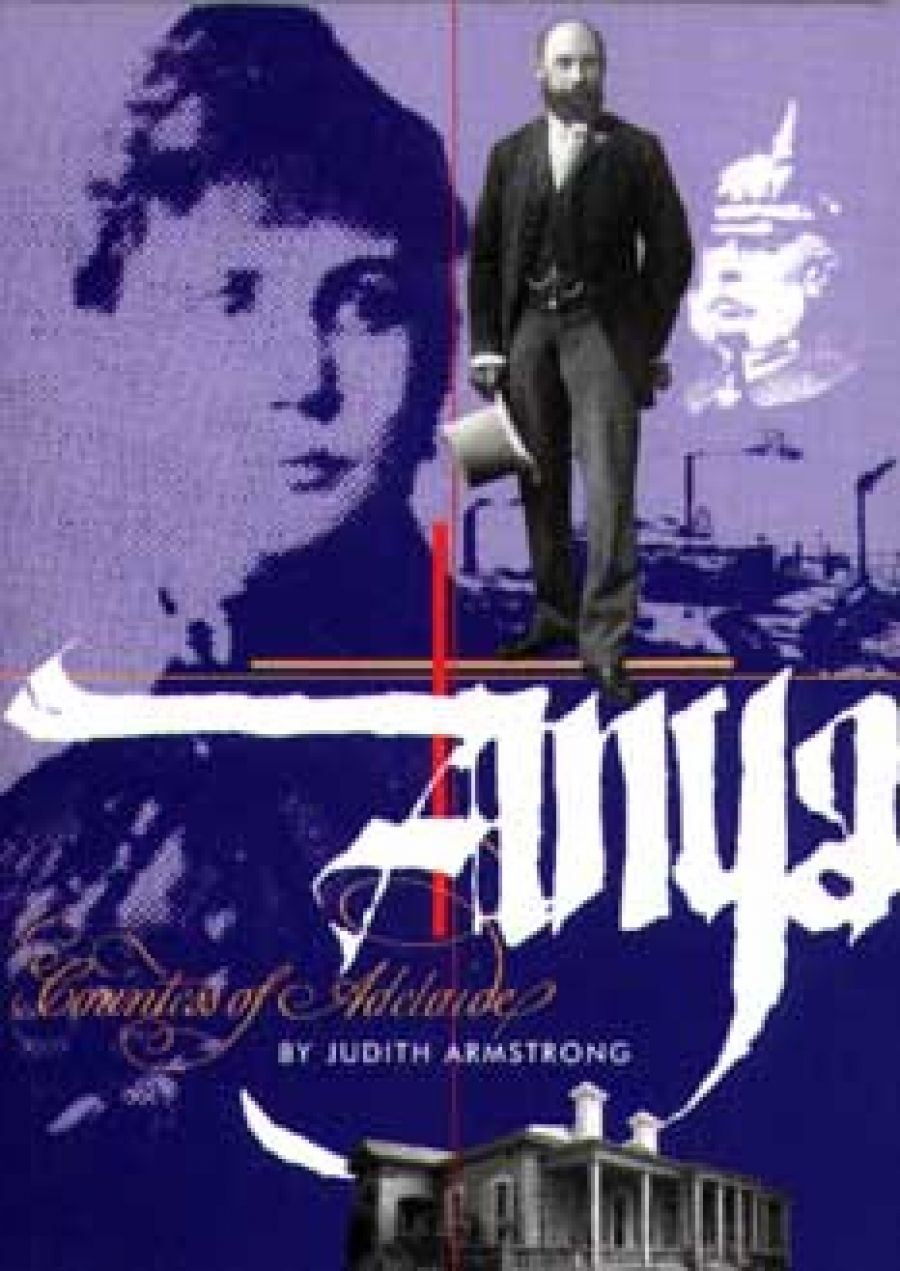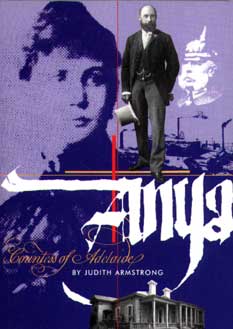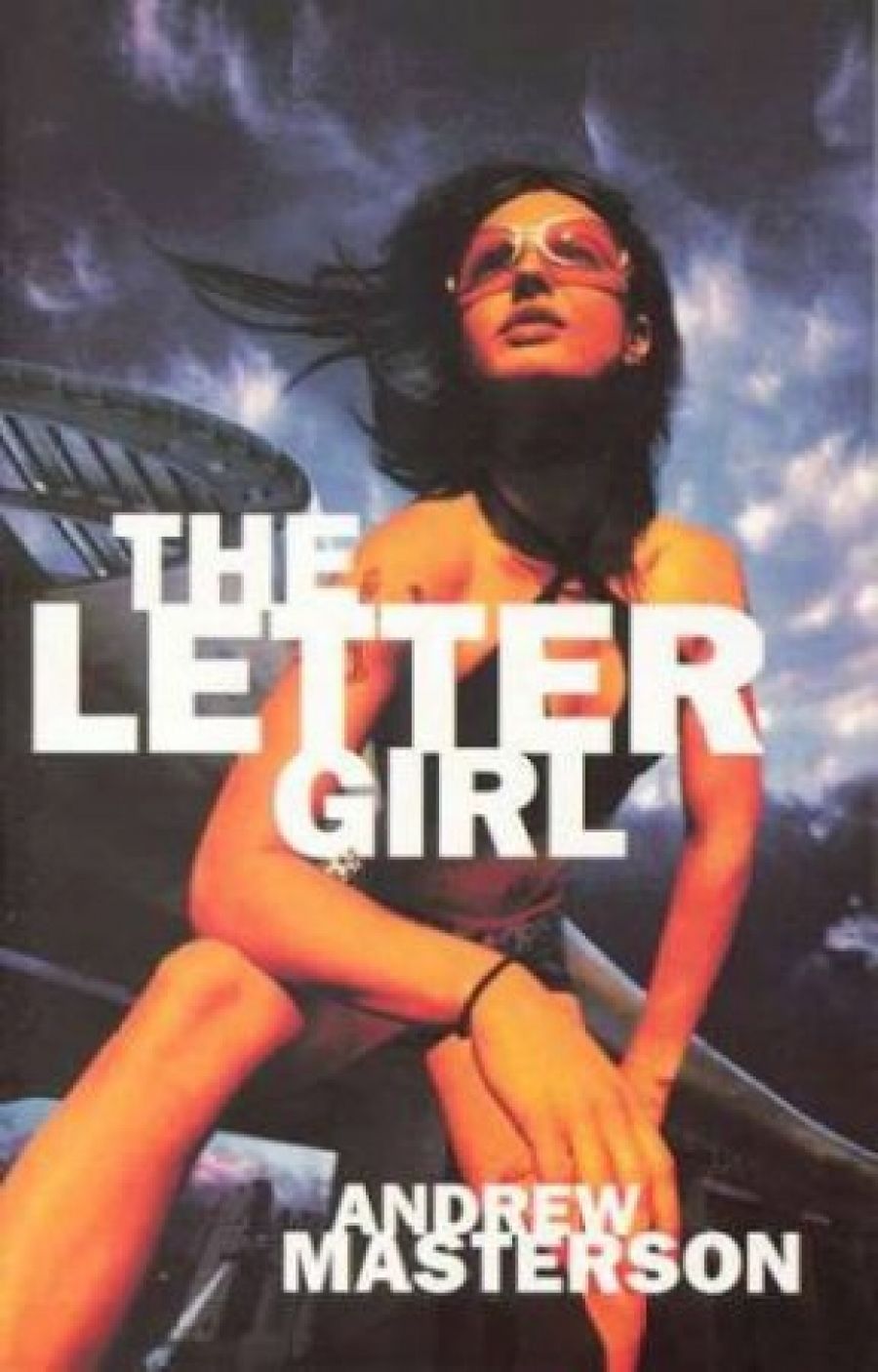- Free Article:
No
- Contents Category:
Fiction
- Review Article:
Yes
- Show Author Link:
Yes
- Show Byline:
Yes
- Article Title:
Future Shock
- Online Only:
No
- Custom Highlight Text:
The devil, as we know, quotes scripture for his own ends, and there was something devilishly confronting about Andrew Masterson’s first novel, The Last Days: the Apocryphon of Joe Panther (1998). It kept you on your toes, ducking and weaving with the punches of its arguments, its cleverly orchestrated quotes from the New Testament and the early church, its tossed off histories and heresies, its ultimate ‘what if ... ?’
- Book 1 Title:
The Letter Girl
- Book Author:
Andrew Masterson
- Book 1 Biblio:
Picador, 17.95 pb, 407 pp
- Book 1 Cover Small (400 x 600):
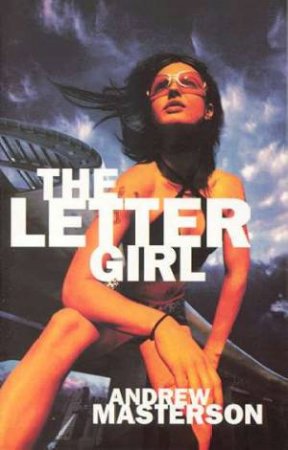
- Book 1 Cover (800 x 1200):

- Display Review Rating:
No
The devil, as we know, quotes scripture for his own ends, and there was something devilishly confronting about Andrew Masterson’s first novel, The Last Days: the Apocryphon of Joe Panther (1998). It kept you on your toes, ducking and weaving with the punches of its arguments, its cleverly orchestrated quotes from the New Testament and the early church, its tossed off histories and heresies, its ultimate ‘what if .. .?’
But writing a novel with a putative Jesus Christ as the main character – resurrected but never ascended, still in his thirties a couple of millennia on – is not something you can do twice, and with his second Masterson has relinquished the edge and thrown in his lot with the cinematic blockbuster ending of Joe Panther rather than with its more thoughtprovoking though still wild and comic bulk.
The Letter Girl takes us forward to the often devastating ends of paths the world seems already poised to pursue. Looking back from a few generations beyond 2010 it recalls a ‘long forgotten’ prime minister’s ‘idealistic wish’ to turn the country into ‘a nation of shareholders’. Now even parliament is privatised, sold off in Telstra-sized packages every mum-anddad investor could afford – and sell on at a profit to multinational corporations like CII (Consolidated Industries International), the demon in the plot. In logical corporate consequence, only shareholders have voting rights or access to the privatised services of ambulances or hospitals.
Masterson arms his black comedy with two epigraphs, one from Sallust which includes the comment: ‘Yonder is a city put up for sale, and its days are numbered if it finds a buyer …’, the other from Roland Barthes which notes in part: ‘... some went as far as the pure and simple scuttling of the discourse, silence ... appearing as the only possible weapon against the major power of myth: its recurrence.’ The contemporary concern of writers and readers over the disappearance of the backlist and the speed with which books are allowed to go out of print is stretched here to an edict against any book published before l900. Possession of such banned material results in mandatory credit cancellation and a jail term that lengthens with the antiquity of the book.
The situation has led to disillusion and despair among novelists, many of whom have either suicided or starved to death, but it has also raised the black market value of old books. When a long-lost copy of Julius Caesar’s De Analogia, dating from 50BC, falls into the hands of feisty five-foot barmaid Jet Black, it is the write-your-own price-tag which tempts her to brave the corporate Big-Brothers and make contact with a legendary book-fence known as the Polymath.
The reader first meets the Polymath (aka Paul Masanov) when he is having bookish phone sex with a nubile fantasist called April. Depression and loneliness are the not unnatural concomitants of a necessarily low profile and a plastic prosthetic foot two sizes too large, and Paul rings April for company at $5.25 a minute, seducing her with the sexual connotations of Heisenberg’s Uncertainty Principle and the more salacious bits of Catullus, Apuleius and Juvenal’s Satires. Meanwhile Jet is making a living as the Letter Girl, penning missives at a price for the illiterate who left their privatised schools at 10 when education moved out of their financial reach, and heading for a secret meeting with Paul, providing she can survive her introduction to Mother Mayhem and her forest-dwelling Ferals and outwit the pursuit of a predictable pair of goons hired by the eavesdropping and upwardly mobile Execrable Crichton (does anyone in this day and age, much less the next, remember the Admirable variety, I wonder?)
Crichton’s employer, chief baddie Fortescue Shagg-Naste, Vice President (Information Services) of CII (Pacrim), has his own pirated copy of Machiavelli’s The Prince and an ever-sosneaking respect for the printed word, daily enhanced, no doubt, by the ludicrous results of his attempts to recycle fact into fiction with a software program called ProseMaker, but it is more than his aspirations are worth to interfere with his henchman’s crusade against Jet and De Analogia.
The publicists have dubbed the book a road movie and there’s plenty of déjà vu about some sections of the plot, particularly the stock film-character goons and Ferals. It is also oddly similar in shape and style and pace to The Last Days, quotes from Catullus and Cicero taking the place of the words of the fathers of the church, but without the depth that readers themselves could bring to that first novel. In its satirically inventive construction of the future, however, and its reduction of the notion of the deconstructed text to the absurd ultimate blank page of the magically powerful Empty Manifesto, it is admirably cautionary and hugely entertaining. Can we ensure that our politicians read it before it’s too late?
